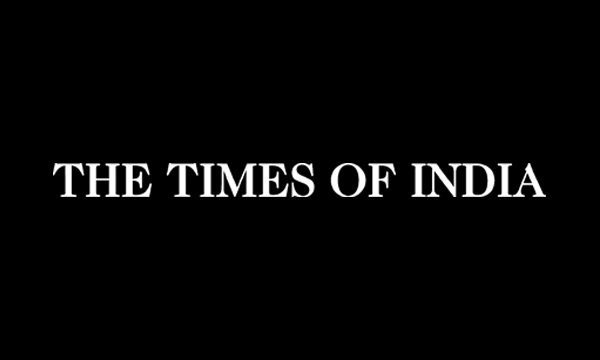“A war zone,” President Donald Trump has called it. “A drug-zombie apocalypse," was Elon Musk's verdict. One Fox News columnist dubbed it "a rancid drug-ravaged pit of human misery.”
But to Peter Quartaroli, who manages the 158-year-old Sam's Grill and Seafood Restaurant in downtown San Francisco, it's just the neighborhood — and one that's steadily improving.
"I don't know that I’m of the camp that says, 'We're so back, baby'. But I think we are definitely heading in the right direction," Quartaroli told The Independent in the restaurant's old-fashioned wood-paneled interior last Friday.
"I watch the neighborhood filling up. I watch people going into the offices. I see it in the parking garages, on the [metro trains]."
He paused for a moment. "And there's that feeling, you know?"
That feeling seemed vindicated last week when Donald Trump unexpectedly (and uncharacteristically) paused his plan to flood San Francisco with federal agents — for now.
Citing backroom pleas from local tech barons and the city’s new Mayor Daniel Lurie, he lauded its “substantial progress” on “fighting crime” and said he would “give [Lurie] a chance.”
It’s a testament, certainly, to the power of San Francisco’s tech elite. But it also illustrates how much San Francisco has changed its fortunes — or, at least, its image.
Just a year or two ago the city was a national punching bag, depicted by conservatives as a dystopian epitome of Democratic misrule. Exacerbated by the pandemic, its longstanding problems with homelessness, petty crime and drug addiction exploded into the national headlines, while researchers feared the city bay the bay was caught in a “doom loop.”
Now crime is down across the board. The car break-ins whose shattered windows once showered sidewalks with “San Francisco diamonds” are at a 22-year low. Tourism, retail occupancy and office visits are strengthening again, though still below their pre-Covid peak. Surveys show residents feel happier about their city's future than in years.
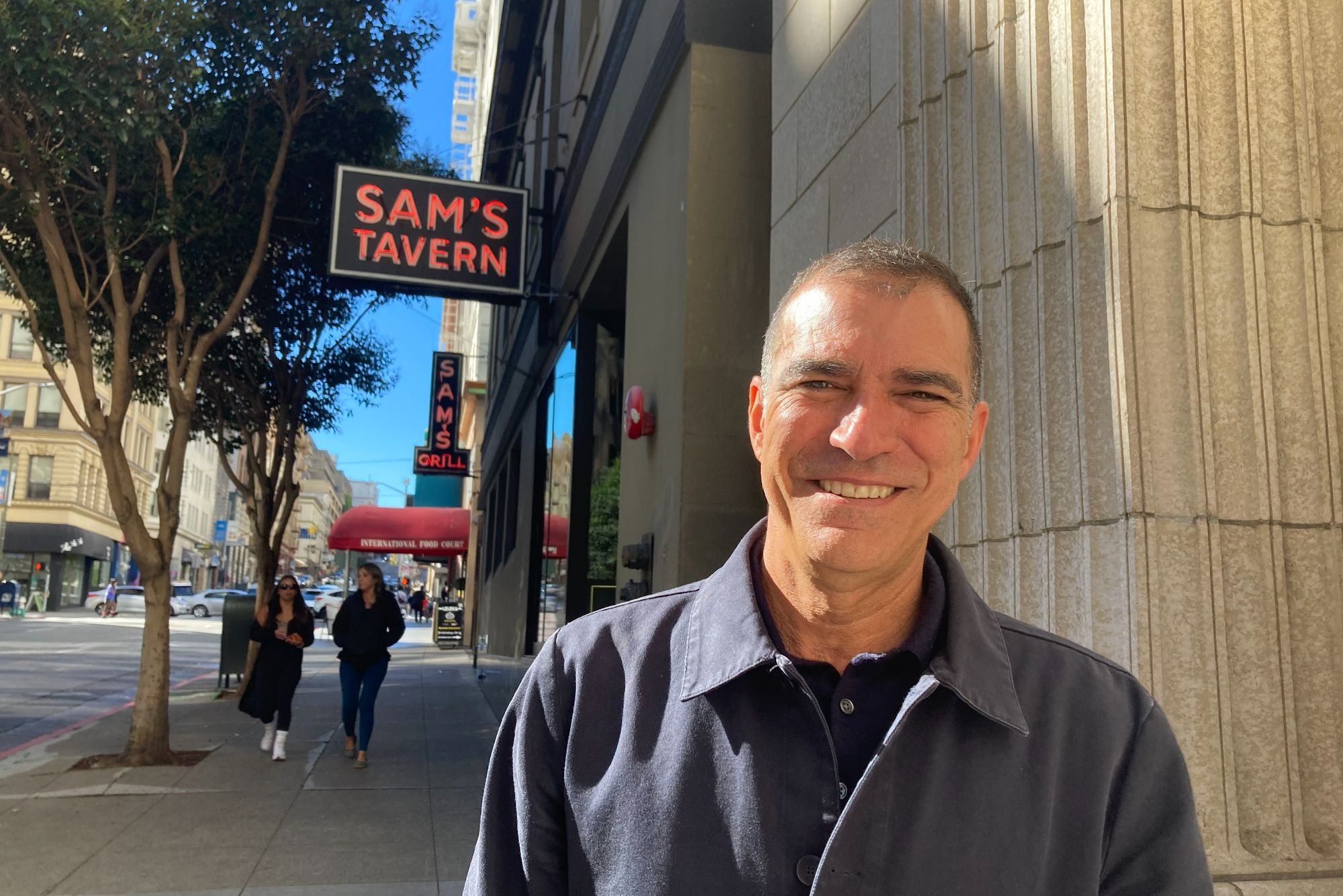
In material terms the turnaround is real but modest, according to San Francisco University public affairs professor Patrick J. Murphy. Bigger is the change in perceptions: “The vibe, if you will,” he said.
Lurie, an heir to the Levi Strauss fortune, is constantly trumpeting San Francisco's "comeback," and has raised nearly $100 million from his extensive network of private donors to revive the city's troubled downtown.
Most dazzling is the new artificial intelligence gold rush, flooding the city with venture capital money and excitable young programmers on eye-popping salaries. While their schedules may be grueling — AI founders tout 80 to 90 hour workweeks — many are eager for memorable nights on the town.
And they are memorable: There are robot fight nights with colorfully-named combatants; AI trivia with questions including “what does this code output?”; Founder-on-founder gun battles at an indoor airsoft arena; not to mention “hackathons,” networking dinners, speed-pitching— the list is endless.
The event listing company Luma says AI-themed events in San Francisco have quadrupled since last year.
Meanwhile, dedicated hacker houses, with entrepreneurs living and grinding together, are resurgent, from the all-women FoundHer to the intentionally “fratty” Cluely to the “effective accelerationist” aligned AGI House (which has feuded with a sister house outside S.F. over their identical names).
"It used to be that you built your company in [nearby] Palo Alto. Investors loved it because there were no distractions," Steven Pham, of start-up incubator Y Combinator, told The New York Times. “Now all the founders want to live in the city. It’s where their friends are. It’s where the action is."
But longtime residents fear a dark side to all this exuberance. Rents are soaring again, with the median price for a one-bedroom apartment jumping 12 percent year on year. Indeed, Murphy suspects the benefits of this ‘comeback’ are limited to the middle and upper classes, with little change for low-income workers.
And multiple San Franciscans told The Independent that Trump's policies threaten to derail any recovery — to say nothing of fears that the AI boom could replicate the disastrous dotcom bubble.
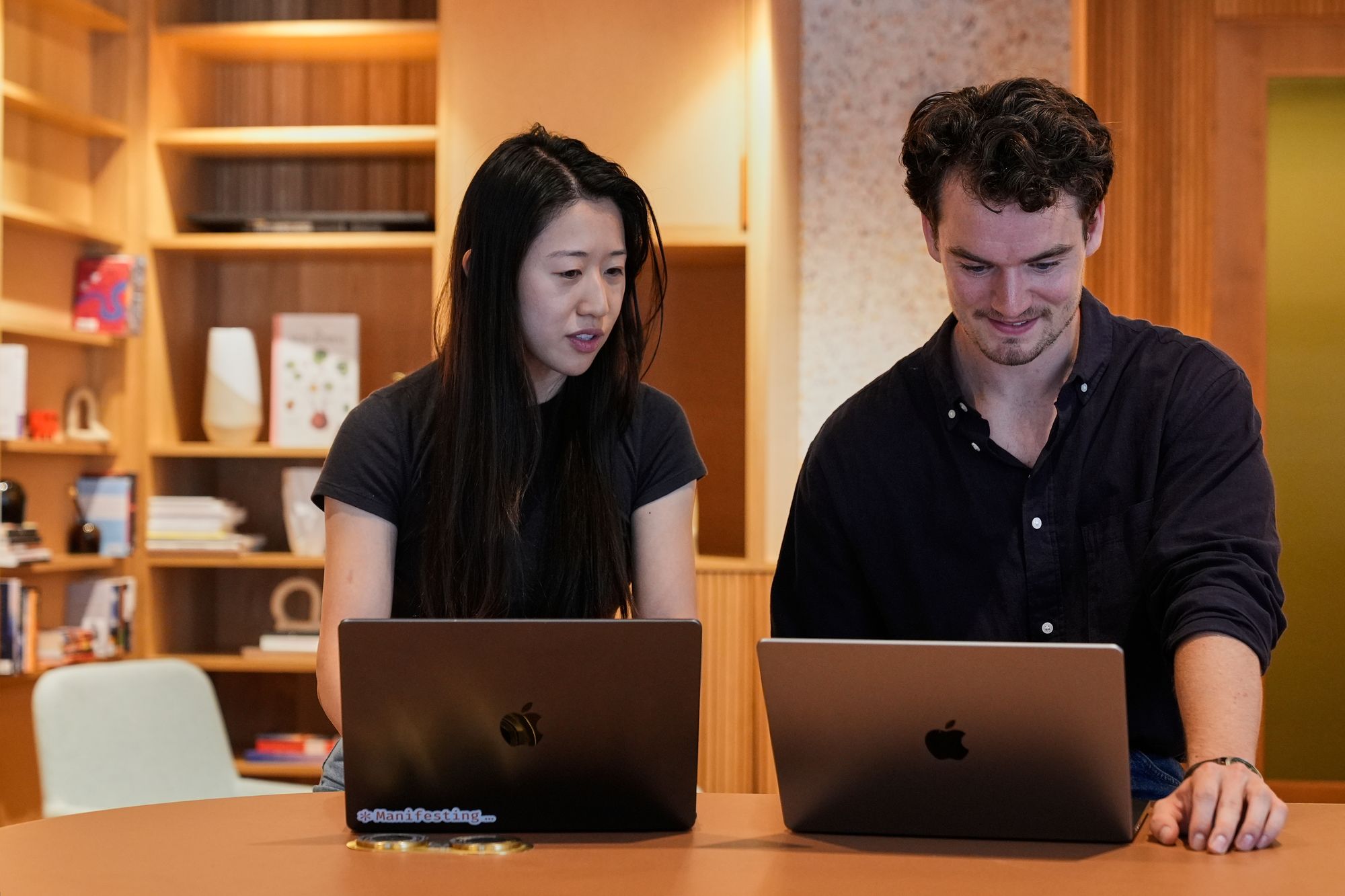
"Mayor Lurie... has no clue, no grasp, of what is coming down the road at him," said longtime housing campaigner and 60-year San Francisco resident Calvin Welch.
"Even if there is no National Guard, the catastrophe that is the AI bubble — if it bursts — will burst hard in San Francisco."
‘It’s the minimum level of improvement’
Quartaroli has had a front row seat to the vibe shift. Founded in 1867, Sam's is a regular haunt for city notables. from former mayor, Willie Brown, to prolific Democratic donor and kingmaker Mark Buell.
It's a homely, unassuming single-story building, nestled among the soaring skyscrapers that controversially colonized downtown in the 1970s. Next door is the grand facade of the long-defunct San Francisco Mining Exchange — now occupied by Twitch, the Amazon-owned streaming service.
"Bars and restaurants have their ear to the ground. You make conversation, you listen," said Quartaroli, who joined Sam's as a waiter in 1995 and now sits on the board of a non-profit downtown revitalization project. (In another life, he was an actor with bit parts in The Scorpion King, Zodiac and Sense8).
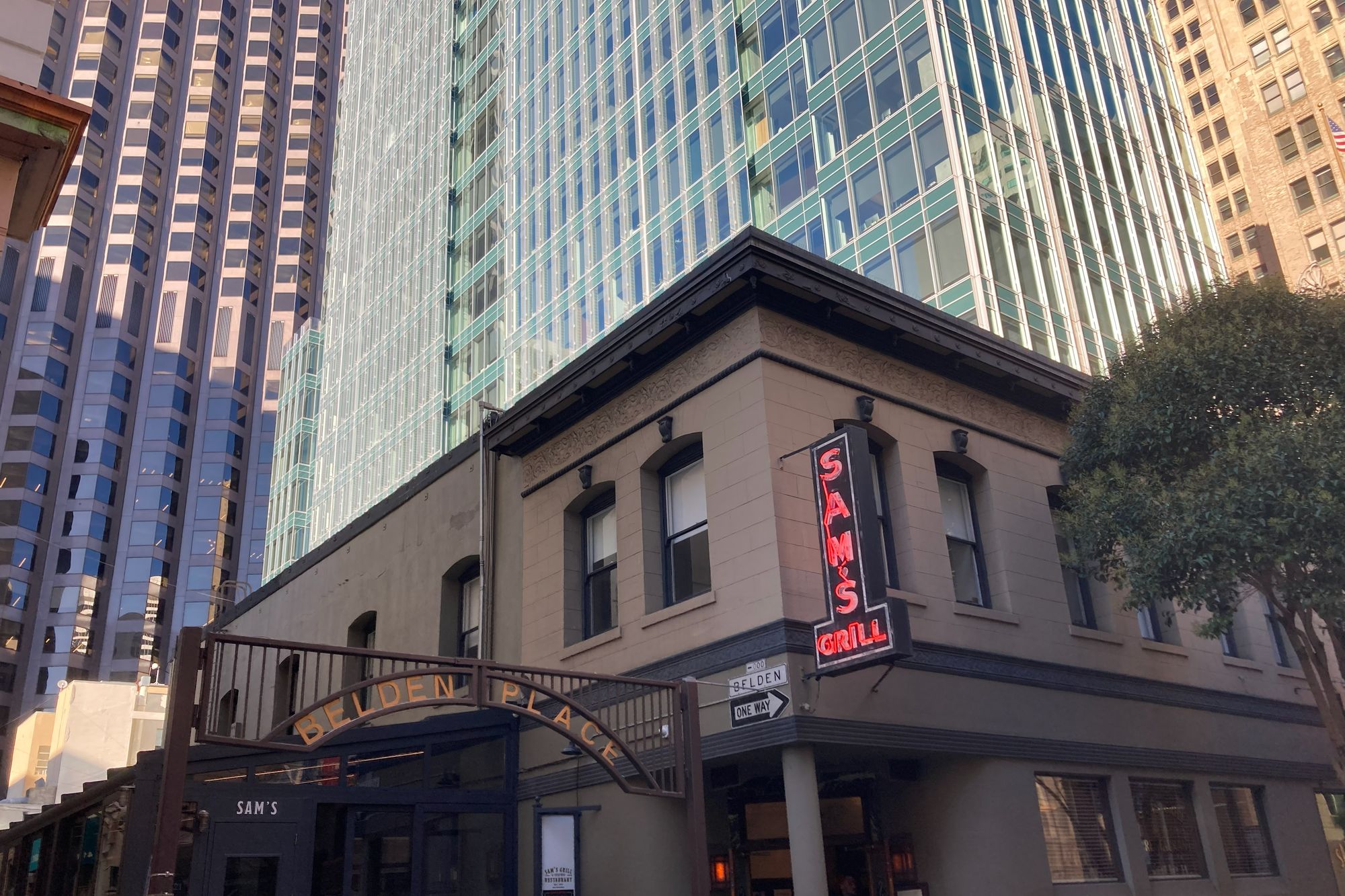
"I'm hearing people [are] happy with the current city administration... people are much more positive in their outlook," he said, adding that some of the new AI crowd are now rubbing shoulders at Sam's too.
Signs of the AI boom are everywhere. Billboards and bus stop ads offer to replace human workers with machines. Business software giant Salesforce, namesake of the city's tallest building, says it will plough $15m into San Francisco's AI scene. Major investors are buying up offices and planning new skyscrapers.
"San Francisco has gone from doom loop to open for business," real estate developer Greg Flynn told The Wall Street Journal.
Luxury real estate is also booming, with a record number of homes above $20 million reportedly sold in San Francisco last year.
"You've got companies with absurd valuations thanks to venture capitalists that are just throwing money at AI, so they're spending lavishly on available office space," Dale Carlson, a veteran local lobbyist and PR consultant, told The Independent. "I don't know if that's sustainable... but for the time being, it's certainly helpful."
Meanwhile, tour guides say visitors are impressed by downtown's new cleanliness. The hospitality lobby is happy too.
"San Francisco went too far in the wrong direction. It's leading the way again," wrote Hotel Council CEO Alex Bastian in August, crediting stricter drug policies and reduced oversight for police use of drones and facial recognition.
"It’s met the minimum level of improvement for me," said Shreya Jaiswal, a former Civic Center resident who recently visited after moving away. "It feels less sketchy... I love seeing the folks out walking, where once it was a ghost town."
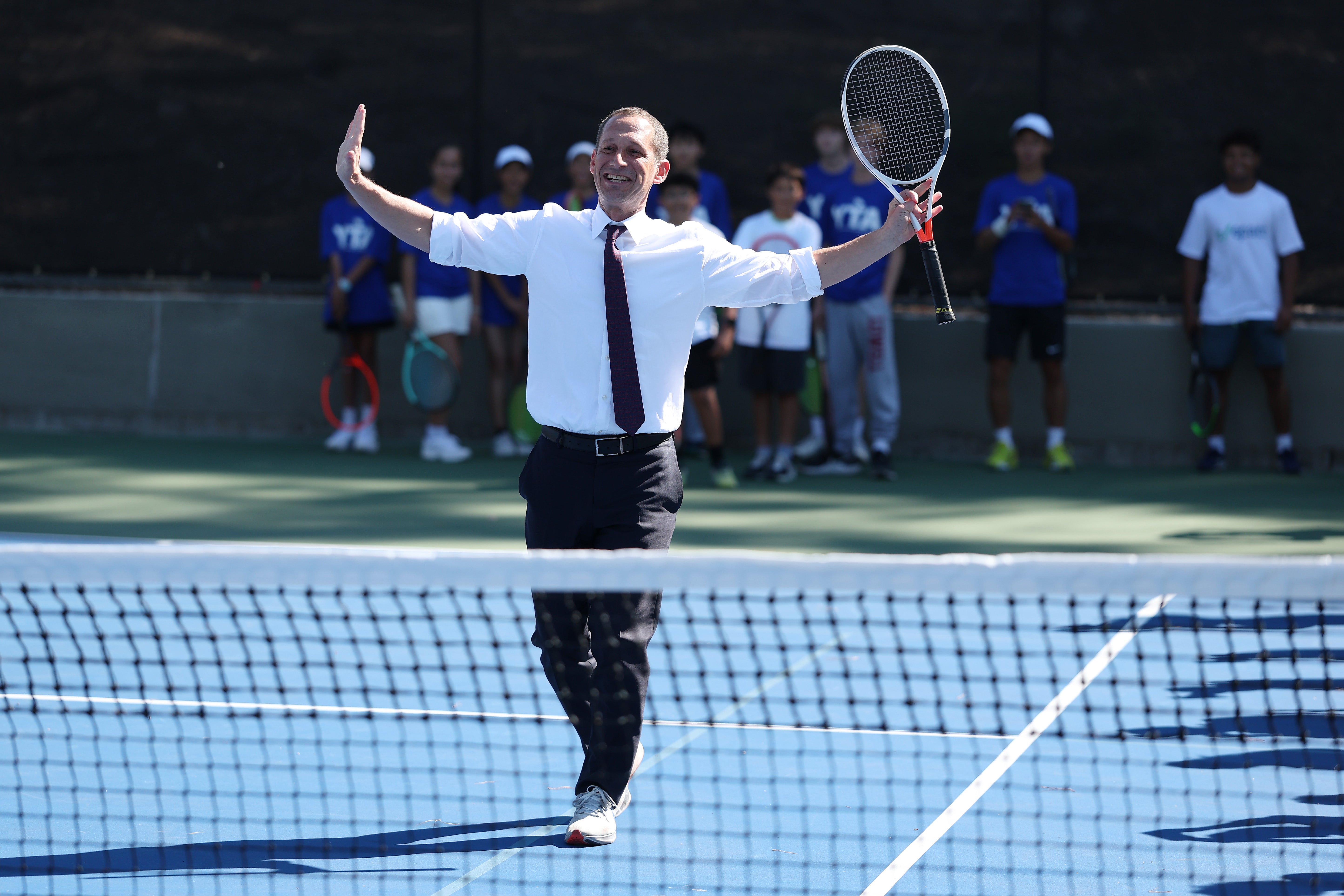
Murphy points out that much of the change is due to long-term structural factors beyond the control of any politician (chiefly the pandemic). And the notion of S.F. as an apocalyptic hellhole was often based more on media spin than reality.
Moreover, he says some of downtown’s lost small business activity actually just moved elsewhere, to outlying neighborhoods where most San Franciscans live.
Some key barometers, such as office vacancies and light rail ridership, have barely improved or worsened since the pandemic. Murphy wants to see this year’s city tax data to know if the vibe shift is real.
Still, many have praised the leadership of Mayor Lurie, who constantly posts enthusiastic Instagram videos from ice cream shops, taco joints, and of course AI conferences. He's been helped by a good run for local sports teams, from the WNBA debut of the Golden State Valkyries to the rise of soccer team Bay F.C.
"His policies are pretty modest in terms of the impact they can have, because it takes a while to actually show an effect," said Murphy. "He has done a very good job of, and I don't want to trivialize this, showing up."
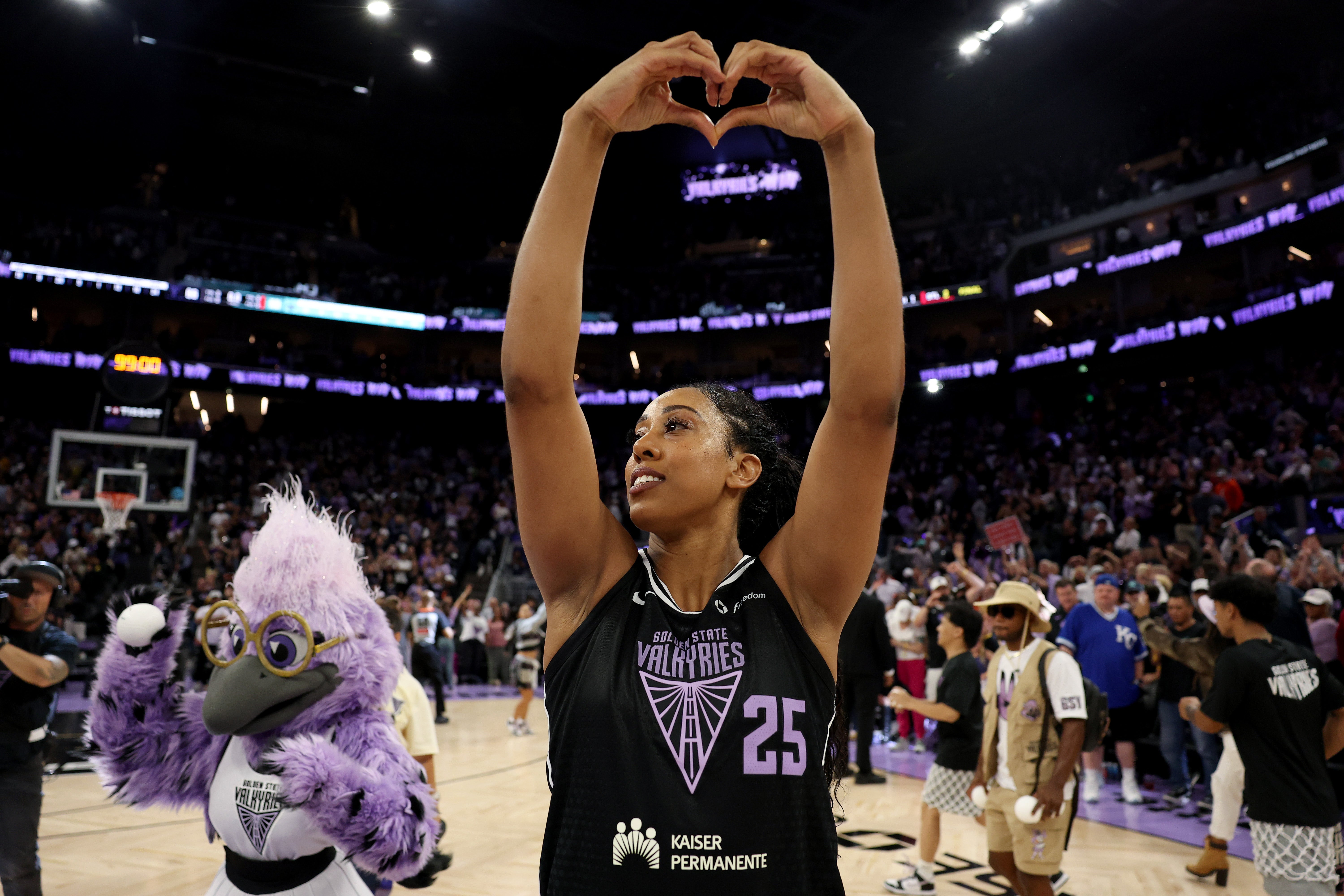
Both Lurie and his predecessor Mayor London Breed made heavy use of a Supreme Court judgement allowing police to destroy homeless encampments (which often means impounding and destroying residents' belongings).
The result is far fewer tent cities downtown, although that may only have pushed the problem into the shadows.
"We’re still here," one rough sleeper told The San Francisco Standard last October. "We’re just hiding in different parts of the streets."
A fragile recovery threatened by Trump
For all the fizz, there is real uncertainty about how sustainable this rebound will be.
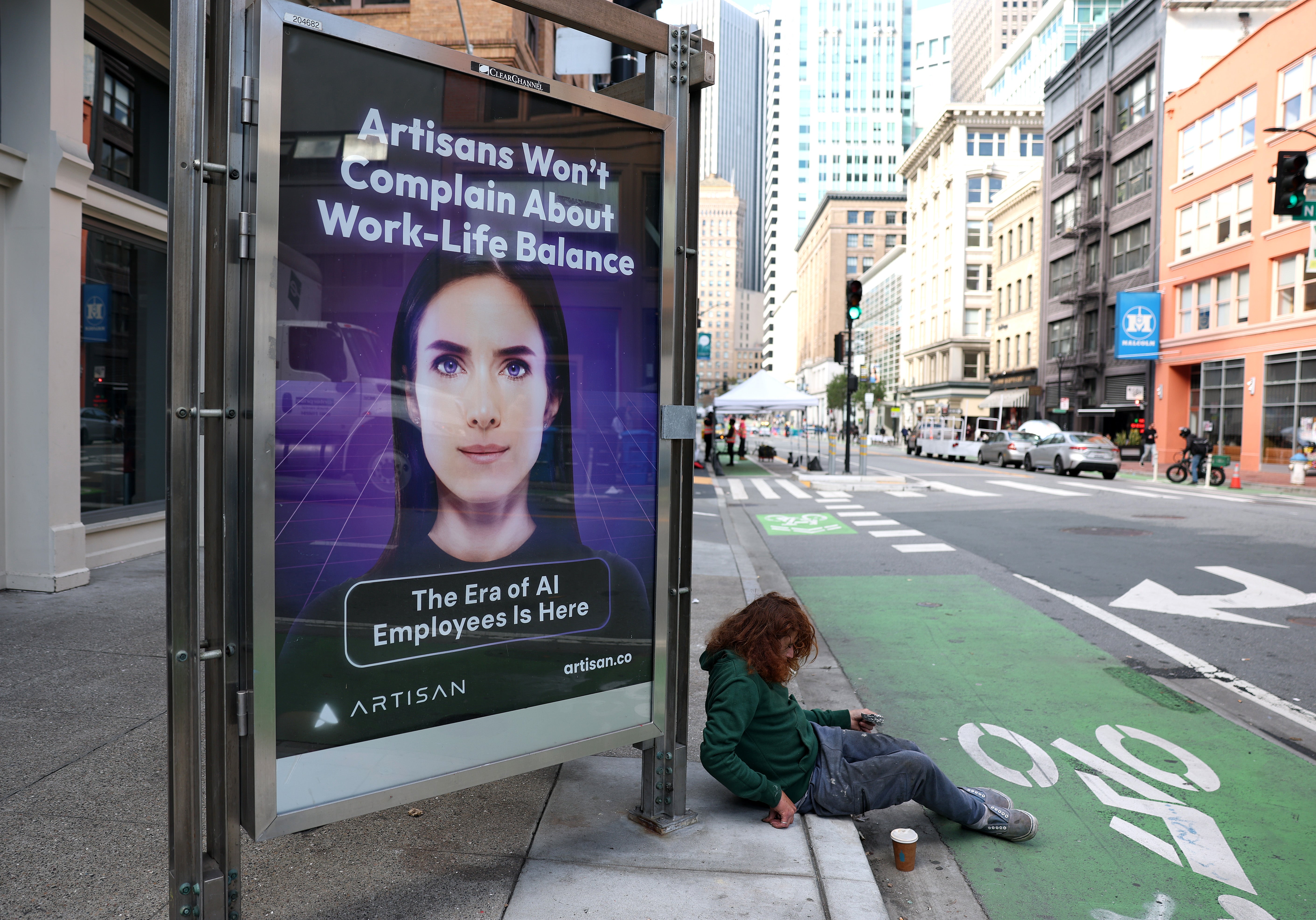
Welch, for instance, argues Lurie's focus on downtown is merely a doomed attempt to rescue city elites’ real estate investments. He watched developers raze residential hotels to build an office workers’ playground, only for offshoring and home working to render the whole area potentially obsolete.
"Who the f*** cares about downtown?" Welch said. "Nobody lives there. They blew out that population in the Sixties and Seventies.”
Quartaroli politely disagrees, saying downtown’s transit links and tax revenue aren’t easily replaceable. But converting empty offices into apartment blocks is complex and very expensive.
That underlines the fact that Lurie has made little dent on San Francisco's exorbitant housing costs or strangled supply of new homes, which some experts argue is crucial to any broader recovery.
Then there's the possibility that the AI boom is actually a bubble that will soon pop — already suspected by many financial institutions.
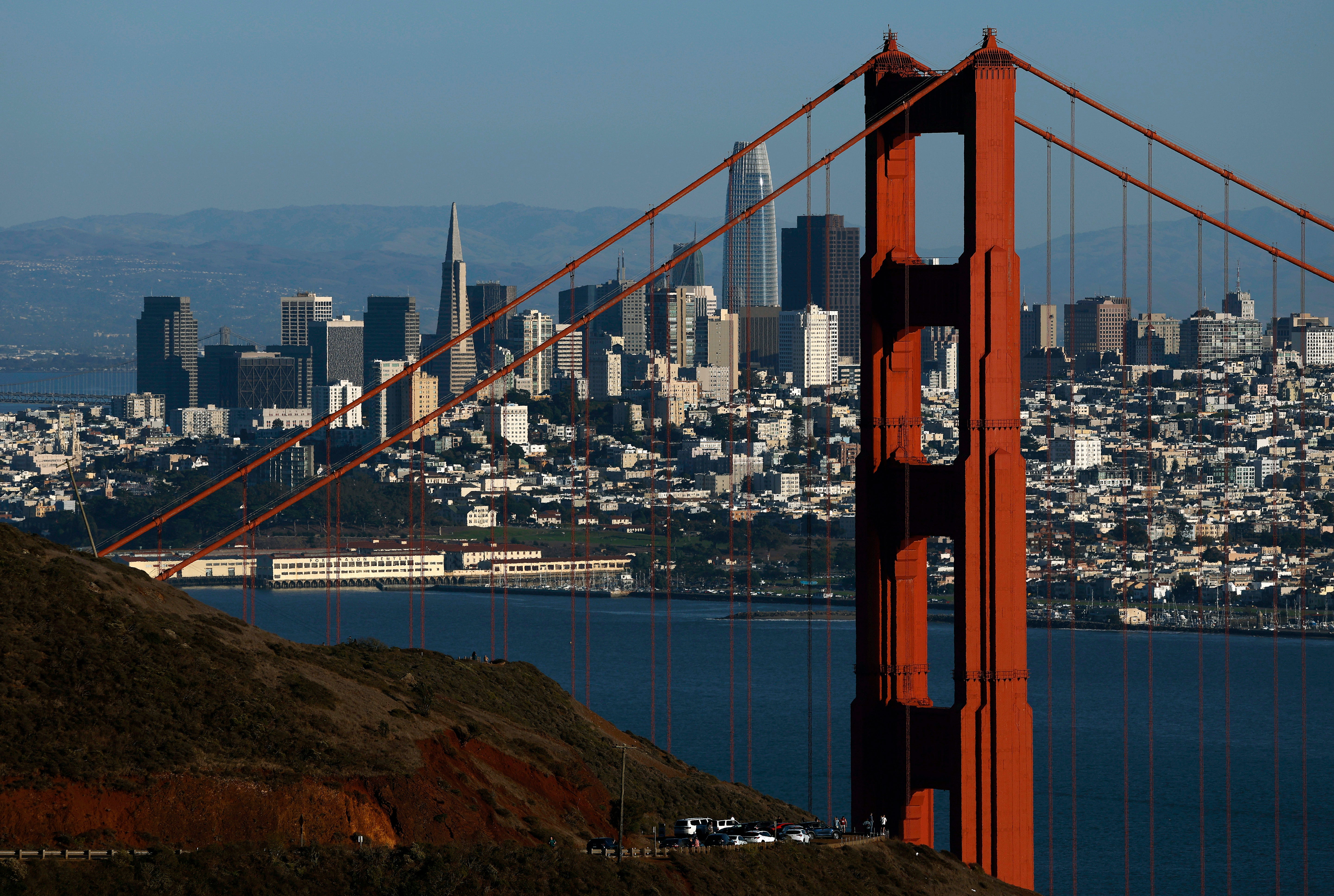
To Dale Carlson, who worked at the city’s venerable Pacific Stock Exchange during the late Nineties and early Noughties, this feels like just before the dotcom crash. He saw the aftermath first hand: ruined entrepreneurs pleading for good news, shipping out on a tide of U-Hauls, dropping their house keys in the mail and abandoning their mortgages.
But for many locals, the most immediate danger is President Trump. His tariffs are reportedly chilling California's construction industry, and Quartaroli says his own costs have risen for kitchenware, furniture, paper, candles, and imported booze.
Trump's mass deportation agenda also appears to be choking off the U.S. labor supply, which Quartaroli thinks will especially hurt restaurants.
"I feel like the working class is under attack," he said. "What happens when there isn't a workforce that is willing to do those jobs?”
And while Trump may have stayed his hand for now, there’s no guarantee he won’t change his mind. Even after his announcement, S.F.’s strongly Hispanic Mission district was unusually quiet as terrified residents stayed indoors.
In the long term, at least, San Franciscans are adamant that even Trump can't dent the city's fundamental appeal.
"This is at least the third time in thirty years that we've discussed the death of San Francisco and how it's gone and will never come back," said Murphy. "I don't think it will be the last.”
Nation's largest fleet of police Cybertrucks to patrol Las Vegas
Sebastian Coe pushes for a cross-country running race at the 2030 Winter Olympics
Companies told to stop hiring humans – we’re close to AI job apocalypse
Race against time for Hurricane Melissa aid workers to deliver relief
SNL’s Trump boasts about cognitive test as he hijacks Cold Open sketch
Three ‘drug smugglers’ killed by US military strike in Caribbean Sea
